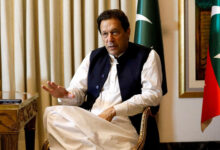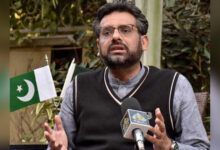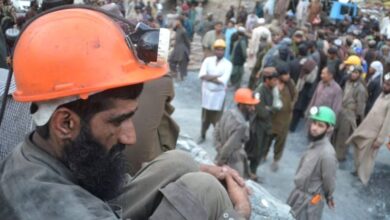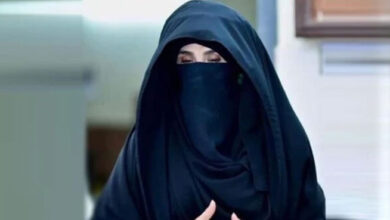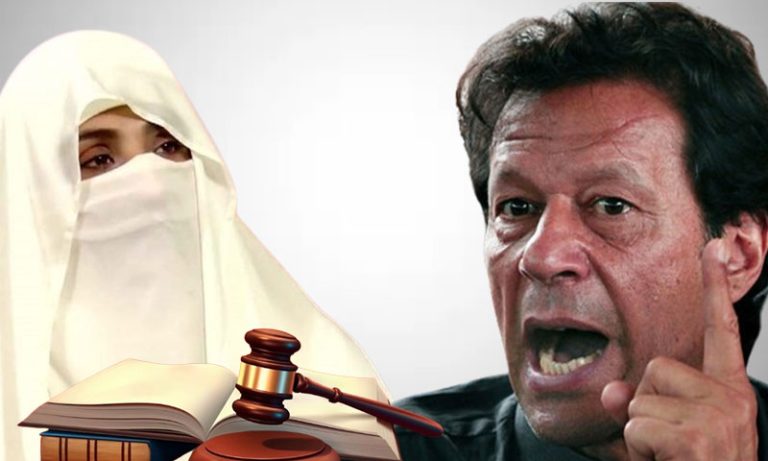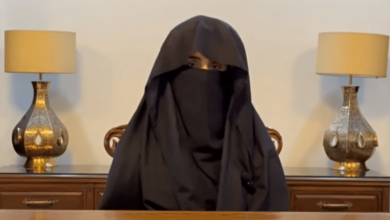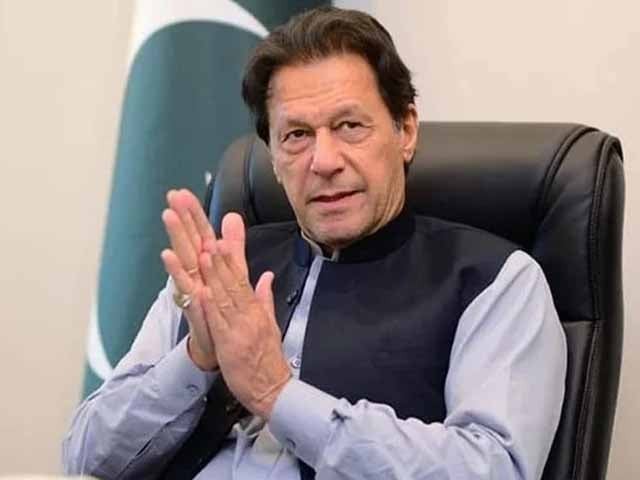Backchannel Talks Between Government and PTI Halted Amid Shift to Formal Negotiations
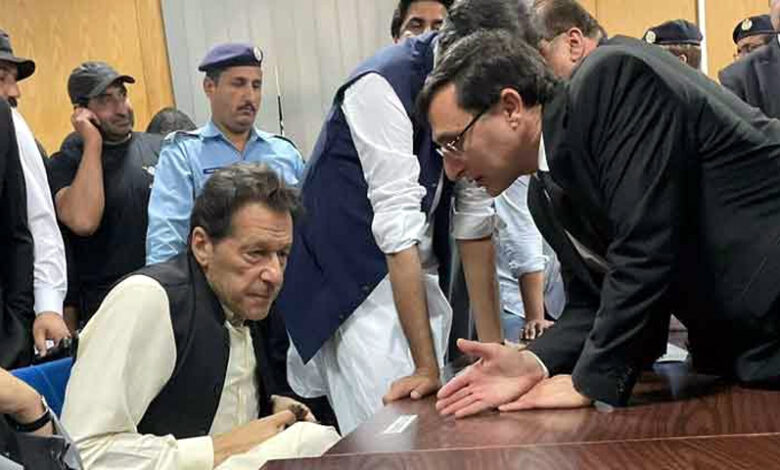
Islamabad:Backchannel negotiations between the government and Pakistan Tehreek-e-Insaf (PTI) have come to a halt as both parties have shifted their focus to formal talks. A well-informed source revealed that since the last meeting on the 19th of the previous month, no further backchannel meetings have taken place. During that session, two senior government officials, including a minister and a high-ranking official, attended the meeting, while PTI was represented by one of its key leaders.
The backchannel talks had been active around the time of the Shanghai Cooperation Organization (SCO) summit and PTI’s planned protest on November 24 in Islamabad. PTI had announced a protest at D-Chowk during the SCO summit, but after these backchannel talks, PIMS doctors were granted permission to meet PTI’s founding chairman, Imran Khan, who was incarcerated at the time.
Initially, PTI wanted Imran Khan’s medical examination to be conducted by his own doctors at Shaukat Khanum Hospital. However, through backchannel negotiations, an agreement was reached that if PIMS doctors were allowed to examine him, PTI would cancel its D-Chowk protest during the SCO summit. These talks regained momentum when PTI announced its final call for the Islamabad March on November 24.
As a result of these backchannel talks, PTI leaders, including Ali Amin Gandapur, Barrister Gohar, and Barrister Saif, were facilitated in meeting Imran Khan. However, Imran Khan insisted on his immediate release. He also agreed to halt the protest march in Sangjani, an area on the outskirts of Islamabad, in response to a government proposal. Despite this, Bushra Bibi led the march to D-Chowk, and the events culminated in the violence on November 26.
The events of November 26 dealt a severe blow to the backchannel talks. The government concluded that PTI’s second-tier leadership was ineffective and lacked influence, and that Imran Khan disregarded advice from within his own party. On the other hand, PTI accused the government of opening fire on several of its protesters, while the government blamed PTI for inciting violence behind the protests.
Following these developments, a high-level backchannel meeting took place between the government and PTI in the third week of the last month. During this meeting, PTI was told that it needed to decide whether it wanted to continue with a policy of confrontation and tension or genuinely pursue reconciliation. Reports from that time indicated that PTI was warned that if it continued its aggressive stance, including criticism of the military and its leadership, as well as undermining the economy, the backchannel talks would yield no results. PTI was urged to make a clear policy shift and distance itself from the divisive politics of recent years if it desired meaningful reconciliation.
Since then, formal negotiations have been initiated between the two sides, but there has been no further progress on backchannel discussions. The focus is now firmly on formal talks, with both parties looking to engage in a structured dialogue process.
